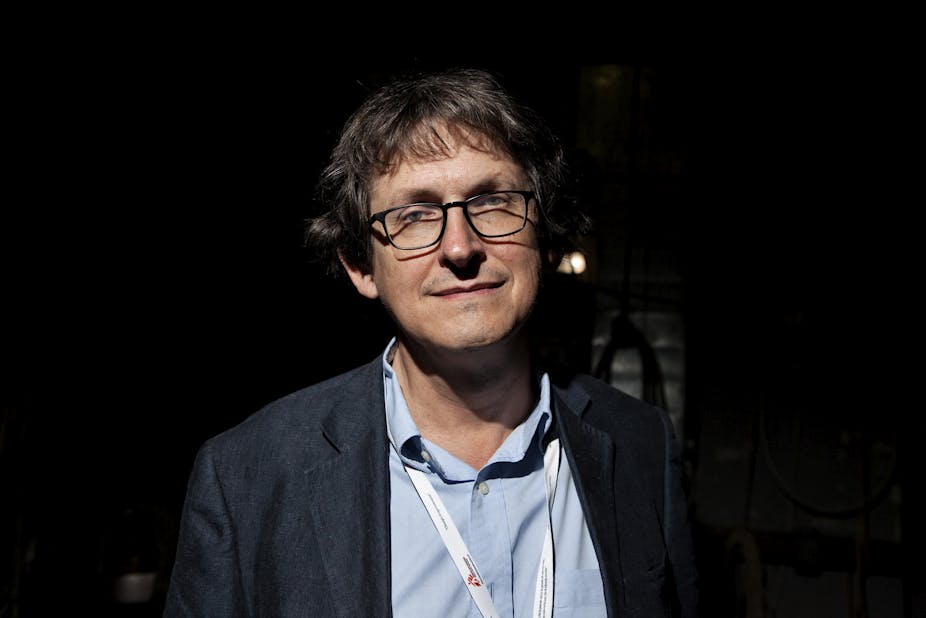Guardian editor Alan Rusbridger’s appearance at the House of Commons Home Affairs Committee this week has proved revelatory in more than one sense of the word.
We have heard about the events surrounding the Guardian’s battle with the UK government over its decision to publish the NSA files leaked by Edward Snowden and we have seen the newspapers paint very different pictures of what went on at the committee. But most importantly, we have been given the chance to reflect on the UK’s approach to handling national security and freedom of speech.
What the papers said
Responses to the showdown have been divided along political lines, as indeed was the tenor, gentility and hostility of the questions that came from the cross-party group of MPs on the committee.
On the right, The Daily Mail, shrieked about Rusbridger’s protestations that the people working on the story “love” Britain. On the left, Rusbridger’s friend and City University Professor Roy Greenslade swooned over the way Rusbridger “batted away MPs’ bluster without raising a sweat”.
Media squawking aside, Rusbridger made an authoritative impression at the Leveson Inquiry and has done so again in his evidence to MPs. In quiet and subtle terms, he is neither a lapdog for Hacked Off and the Media Standards Trust, nor a warrior for the devil-may-care global Wikileakers who perceive multinational corporations and nation states as 21st century dystopian Beelzebubs. In a confusing, ambiguous, and paradoxical world he has his eye, mind and heart focused on some strange and bracing realities.
First Amendment journalism
The digital dimension of communications and citizenship has rendered old laws and societal and political values anachronistic. The Guardian is no longer an ex-provincial national print title serving centre-left liberal chattering classes. It is a global multimedia publisher. As such, it no longer needs to answer to an English judiciary that tends to bow to the mantra of “national security without question”. It clearly does not see itself as compelled to give up leaked documents to the state.
Rusbridger has been working with the New York Times on the Snowden affair, and has been defining international public interest in democracy and liberty as he goes. And when he appeared before the committee, he spoke not of Parliament Square in London but of the legacy of the Pentagon Papers case of 1971. He also spoke eloquently about the US First Amendment and blocking prior restraint injunctions on the grounds they would be unconstitutional.
He may just have been transformed into one of the few British media editors who actually gets the First Amendment. Through bitter personal experience, Rusbridger appears to have realised that culturally, socially and politically, the UK is a backward and inferior member of the post-industrialised liberal democracies.
Everything he has described about his experience with GCHQ officials in the Guardian’s basement in July this year confirms this view.
The Guardian editor said he had diligently engaged with the uniquely British process of confidentially checking every article that hinged on a Snowden file, bar the first one, with Air-Vice Marshall Andrew Vallance, Secretary of the Defence, Press and Broadcasting Advisory Committee.
The first story revealed GCHQ had been monitoring foreign diplomats at a British G20 summit. It was politically embarrassing and was not D-Notice checked precisely because of the British state’s penchant for prior estate injunction first and judicial questions later.
The state made it clear that it had no interest in debating the ins and outs of press freedom at other points in the affair, such as when it took a chainsaw to The Guardian’s hard discs in a symbolic destruction of copies of the Snowden files. And while Rusbridger saw the files confiscated from David Miranda, partner of Guardian US writer Glenn Greenwald, as excluded confidential journalistic material, the UK government took them to be evidence of crime and detained Miranda under the Terrorism Act.
Backed up by big names
Rusbridger entered the House of Commons committee room with the backing of the world’s most respected democratic news publishers, legendary Watergate reporter Carl Bernstein and the UN’s special rapporteur on counter terrorism Ben Emmerson QC, who said it is “outrageous to accuse the Guardian of aiding terrorism by publishing Snowden’s revelations”.
Guardian heavyweights Nick Davies and Richard Norton-Taylor sat behind him along with Liberty’s Shami Chakrabarti, indicating that his back is being covered by a liberal and constitutional conscience that should survive the banal grinding of another police inquiry into alleged journalistic criminality by the Metropolitan Police.
They appear to have majority public and political opinion on their side unlike the grubby ambiguity of tabloid sensationalism.
The next stage of this affair will probably be a stalemate stand-off followed by the declaration of an honourable draw. That is, provided UK spooks cannot prove that anything published by the Guardian has either risked or cost any human lives and if the Guardian fails to demonstrate that the government has outraged and annihilated any innocent individual’s private space.
The Guardian’s story is undoubtedly huge, but until it can bring it down to a personal level and strike a chord similar to the public shock that greeted the hacking of Milly Dowler’s phone, the Snowden affair is doomed to remain politically abstract.

